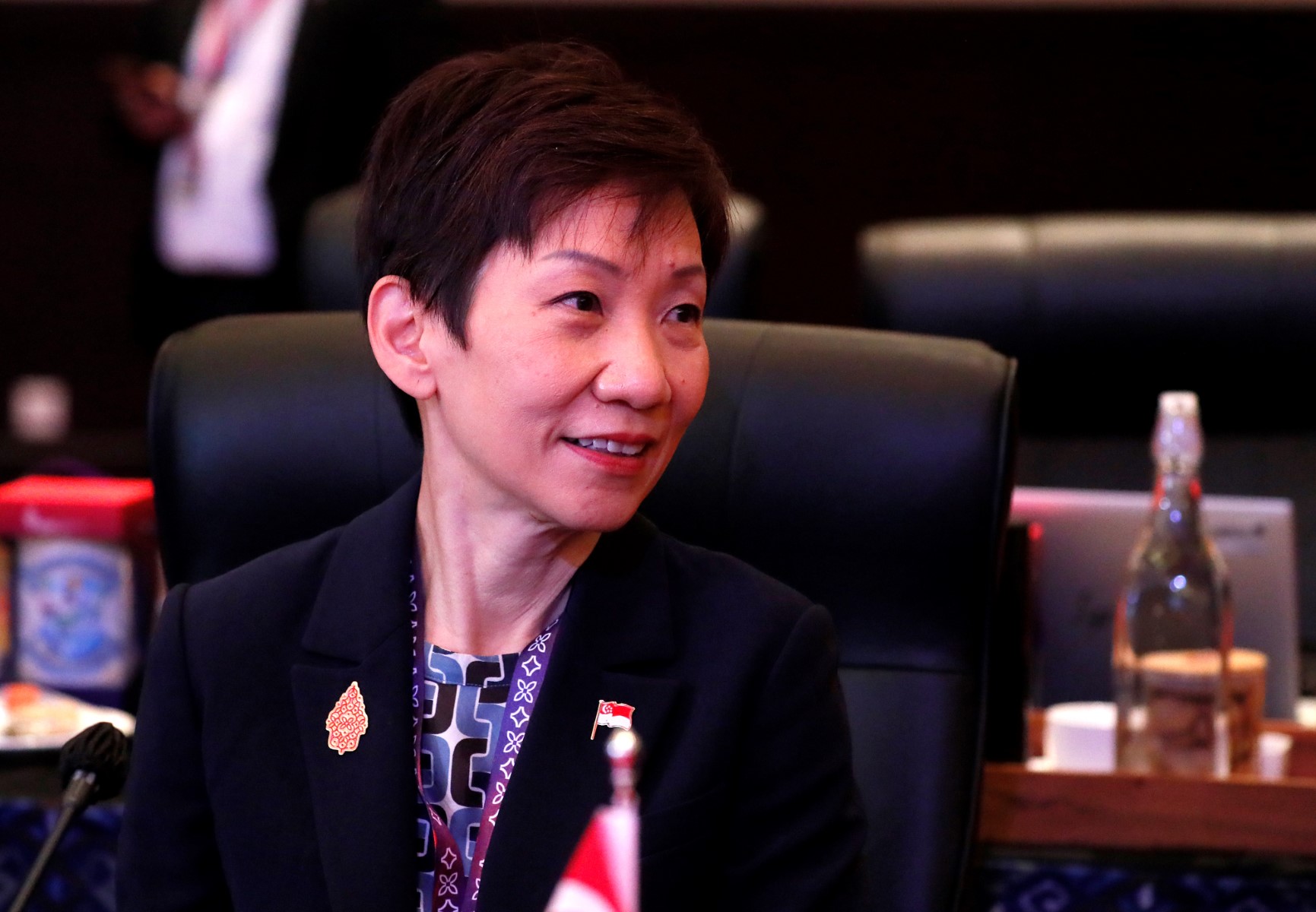SINGAPORE: In an interview with Beijing-based CGTN, the English-language news channel of China Global Television Network, Minister for Sustainability and the Environment Ms Grace Fu talked about the challenges Singapore faces in the light of climate change, as well as China’s part in helping to solve some of the environment’s problems.
Ms Fu said in the interview published on Monday (Dec 4) that if Singapore were to be inundated for just one or two weeks, this would be enough to stop the country’s economic activities, which would “really hurt us badly.”
She said, “Coastal protection, protecting ourselves, our properties, our livelihoods from sea level rise is but one area of addressing the impacts of climate change. How do you get it right? With a very flexible, adaptive, and yet effective strategy and implementation. I think this is the challenge for us.”
The Minister also made the case for mitigation instead of mere adaptation, saying that “climate mitigation is also something that we pay a lot of attention to.” She added that while not all answers are already available, searching for new technologies and solutions is essential.
Read also: Tharman draws attention to climate change, calls it Singapore’s biggest challenge
When asked if she sees if those new solutions involve China, Ms Fu answered with a resounding yes. She noted that China is a leader in many green technologies, such as solar panels and electric vehicles, and added that China has “a lot to offer.
“There is the ‘Shuang Tan,’ ‘Tan Zhonghe’ and ‘Tan Dafeng,’ which is carbon peaking in 2030 and also net zero neutrality in 2060. I have also read several of China’s policies in detail, including those on the deployment of renewable energy and on responsible consumption and production,” said the Minister.
She praised China’s plans for being very detailed and comprehensive and called them a good model for many police makers to follow. When asked whether she was optimistic about people being able to manage the challenges posed by climate change, Ms Fu cited the significant gap in Southeast Asia between what is available and what is necessary.
“I must say that at the rate that we are going, we have a significant gap. If you just look at Southeast Asia, it is a relatively young region with many people that are young, that are in search of economic development, and that want better things in life. If you look at the energy supply in Southeast Asia or in Asia, in general, we are seeing a gap between what is available right now and what is required for the projected growth.”
Ms Fu summarized what she believes China and Singapore are doing by way of activating more green finance from the government as well as from the private sector— banks, investors, pension funds, insurance companies, and philanthropies—as resources may be found among them that can be used to meet needs.
She ended the interview by saying, “China has a lot to offer. I think in the Global Development Initiative (GDI), there are about seven or eight items; you have an item on public health, such as vaccine and management of COVID for example; you also have an item on climate and green transition; you have an item on digital connection and digitalization.
These are all areas where the Chinese government and Chinese industries have lots of capabilities and resources.”
Read related: 20 youth represent Singapore at the 28th UN Climate Change Conference /TISG

